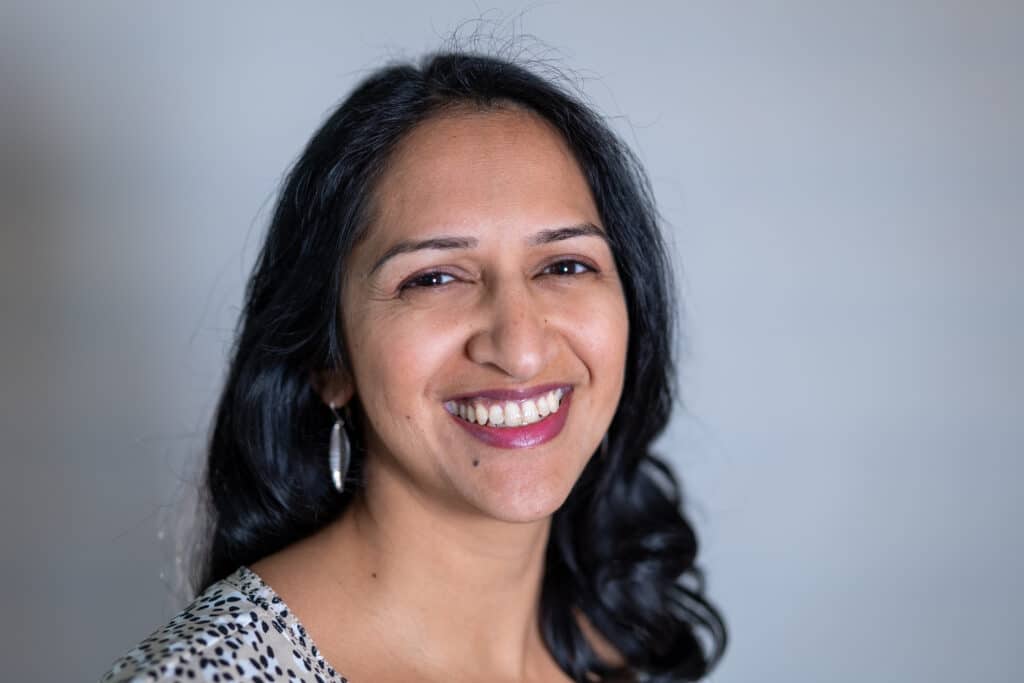„Women* have always been part of war, and men* have always been part of peace.“

I do not only have a migration background, but also an extended migration journey. I think my story is one of the reasons why I ended up working in peace studies. I am half Indian and half Filipina. I was born in Mumbai but raised mostly in Nigeria. I spent my childhood on the African continent, raised by Asian parents who were working in the field of agricultural science research. My father comes from a rather conservative Hindu family, my mother’s family is Roman Catholic. In my father’s family, until today, it is very common to have arranged marriages, in my mother’s family, they usually only marry other Filipinos. But somehow, my parents found each other.
I grew up in a very diverse, international context, surrounded by people from all kinds of cultures, religions, nationalities etc. Also later in my life, I always sought out diverse, multicultural environments and lived in different countries. After spending many years in Canada, Switzerland and other countries, I have been living in Austria for 4 years with my partner and my two daughters. I am currently the Head of the Unit of Peace and Conflict Studies at the University of Innsbruck.
The right of education
Both my parents came from rather conservative families. My mother was not allowed to ride a bike as a child because she was a girl. But interestingly, getting an education was considered important for boys as well as girls in both my parents’ families. I learned that a woman* has a right to pursue an education, no matter in which field. And even if you don’t pursue a particular career and instead become a full-time mother or caregiver, nobody can ever take your education away from you. It’s not a necessarily just for building a career, but for the development of yourself and your knowledge and awareness.
My mother had to go through many challenges: marrying a man from a different country, raising her kids on a different continent, and also working there. She was one of the first spouses of the international scientists in Nigeria to apply for a work permit. At that time, that was not allowed or considered normal. And still, as a working mother, your role to your family always had to come first. In some ways, things have changed, but not completely. I have two daughters now and experience the different sides of being a working mother, who cannot always pick up her kids at one o’clock or four o’clock. In our society, we have achieved the right to education and career, but very often the structures of institutions are not yet supporting that right. For me, as a woman of color in academia, which is still a very heteronormative, patriarchal, white-male-led institution, this is definitely a challenge I face. Also being in Austria as a foreigner can be quite challenging.
Navigating multiculturality
The most challenging thing for me is teaching my daughters about ancestry and heritage, about the cultures they come from, in food, language and traditions for example, but also giving space to the culture they are surrounded with now. I also try to teach them about race and racism, so that they understand that they are of mixed origins, and that there is nothing wrong with that. Some people might ask: “Why do you teach your children about race? They are innocent to it.” But just like you should teach them about conflict and peace, about things that exist and are relevant, as do we need to teach them about race as a social construct as this is the reality of our societies.
“Mom, why is there war?”
My five-year-old daughter recently asked me: “Why is there war?” I tried to explain that there is land and territory, which some countries want, and other countries do not want to give up. And this often creates conflict, because they are not able to agree who gets to rule it, who gets to decide what language the people should speak there, what culture they get to support. This is obviously a simplified answer. But it is important for children to have a clue about what is happening in the world, even if you probably can’t answer all their questions. Explaining conflicts to children is very important, but we need to find ways and language that does not aim to instill fear or anxiety. They shouldn’t get the feeling that they are in danger right now.
In previous generations, topics about war and its meaning were spoken about in families in different ways, depending on their exposure to it. I think it is important to explain that war exists, that there are people who are suffering, but also to show them that we need to appreciate the peace we live in. When you explain that there are children who do not have toys or shoes, I think it is important to also say, that these children still have other things: dignity and humanity! That they are not just to be pitied but also honored as human beings. Of course, we need to find ways to support them, depending on our means.
Women* and men*, conflict and peace
For me, it is important to acknowledge that conflict is completely normal, and healthy to a certain degree. Children experience conflicts in all their environments, with other kids, with their parents, with themselves as well. It is very human, just like peace is. We feel sometimes like peace cannot be achieved in the world, but at the same time, it surrounds us in many ways. Peace and conflict are both always part of our lives. Unfortunately, of course, violence and atrocities are a very intense form of conflict and have also been committed throughout human history. And I hope that we come to a stage in humanity where they no longer exist, and at the same time, it’s more about the question how we chose to deal with them, to talk about them, instead of covering them up, pretending they did not happen.
There is a historical assumption that women* are peaceful, and men* are war-like, also in mythologies around the world, and there is a lot of research about this. We need to see that we all have both potentials within us – to create peace, and to create conflict, instead of assuming women do one thing and men do the other. Women* have also always been part of war, and men* also have always been part of peace. Gender equality has not yet been reached, at least not for all and not everywhere. I wish for women* to be women* in their own right, to choose the way they live, dress and lead their life. To define for themselves what their woman*hood means and looks like. I am not the person to judge other women* for the choices that they make.
April 2022







